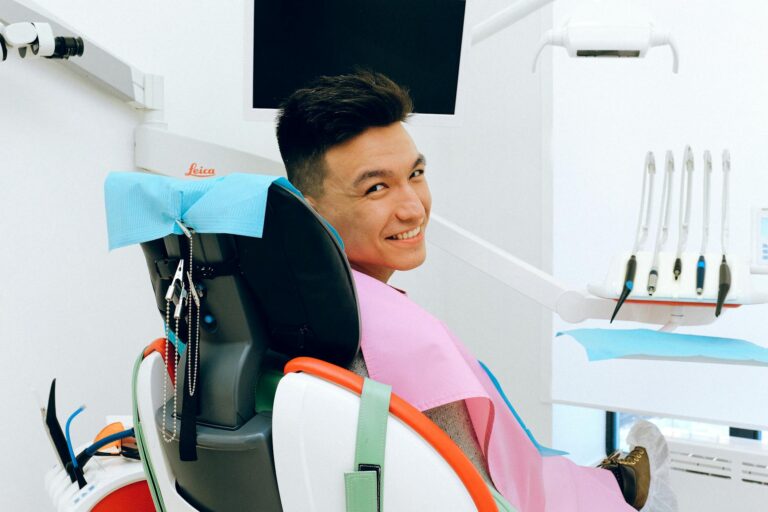‘s disease
Alzheimer’s disease is a progressive, degenerative brain disorder that affects millions of people worldwide. It is the most common form of dementia, accounting for 60-80% of cases. The disease was first described by German psychiatrist and neuropathologist Alois Alzheimer in 1906, and since then, extensive research has been done to understand its causes, symptoms, and treatment options.
Symptoms of Alzheimer’s disease typically start with mild memory loss and difficulty in completing familiar tasks. As the disease progresses, it can lead to severe impairment in cognitive function, communication, and behavior. People with Alzheimer’s disease may also experience changes in personality, mood swings, and difficulty in performing daily activities. These symptoms can vary from person to person and may worsen over time.
The exact cause of Alzheimer’s disease is not fully understood, but it is believed to be a result of a combination of genetic, lifestyle, and environmental factors. One of the key factors associated with the development of Alzheimer’s is the accumulation of abnormal proteins in the brain. These proteins form plaques and tangles, which disrupt the normal functioning of brain cells and lead to their death. As a result, important brain functions such as memory, thinking, and reasoning are affected.
The risk of developing Alzheimer’s increases with age, and it is most commonly diagnosed in people over 65 years old. However, there are also cases of early-onset Alzheimer’s that can occur in people as young as their 30s or 40s. Other risk factors include a family history of the disease, high blood pressure, diabetes, obesity, and smoking.
Currently, there is no cure for Alzheimer’s disease. However, there are treatments available that can help manage the symptoms and slow down the progression of the disease. Medications such as cholinesterase inhibitors and memantine are commonly prescribed to improve memory and cognitive function. Additionally, lifestyle changes such as regular exercise, a healthy diet, and staying socially active have been shown to have a positive impact on managing the symptoms of Alzheimer’s.
Providing care for someone with Alzheimer’s disease can be challenging, both emotionally and physically. It is crucial to seek support from family, friends, and healthcare professionals to ensure the best possible care for the affected individual. There are also various support groups and resources available for caregivers that can provide practical advice and emotional support.
In recent years, there has been a significant effort to raise awareness and understanding of Alzheimer’s disease. June has been designated as Alzheimer’s and Brain Awareness Month, with organizations around the world hosting events and activities to educate people about the disease.
Despite ongoing research, the number of people diagnosed with Alzheimer’s disease continues to rise. According to the World Health Organization, there are currently over 50 million people living with dementia globally, with nearly 10 million new cases every year. By 2050, it is estimated that this number will triple.
In conclusion, Alzheimer’s disease is a debilitating condition that affects not only the person diagnosed but also their loved ones. It is crucial to seek medical help if you or a loved one is experiencing symptoms of memory loss or cognitive decline. Early diagnosis and treatment can help improve quality of life and provide valuable time for making necessary preparations for the future. As we continue to learn more about this disease, it is essential to support ongoing research efforts and spread awareness to help find a cure for Alzheimer’s disease.





